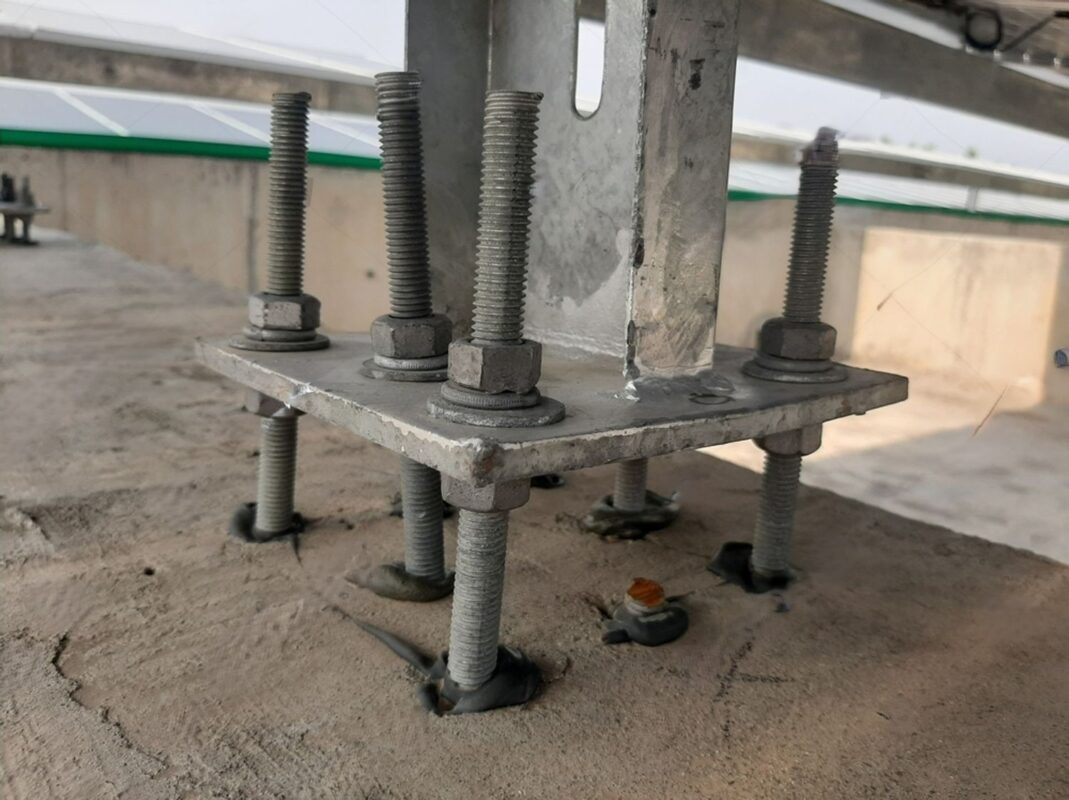Introduction
In the construction industry, the integrity and durability of connections are critical for structural safety and performance. Epoxy structural bolts play a vital role in steel-to-concrete connections, providing exceptional load-bearing capacity and resistance to environmental factors. This article explores the advantages, applications, and installation practices of epoxy structural bolts in various construction projects.
What are Epoxy Structural Bolts?
Epoxy structural bolts are specialized fastening solutions coated with a high-performance epoxy resin. This resin enhances the bolts’ resistance to corrosion, chemical damage, and environmental wear, making them ideal for use in demanding applications such as steel-to-concrete connections.
Advantages of Epoxy Structural Bolts
- Corrosion Resistance: The epoxy coating protects the bolts from rust and degradation, ensuring long-term performance in harsh environments.
- High Load Capacity: Designed to withstand significant loads, epoxy structural bolts are ideal for heavy-duty applications.
- Improved Adhesion: The epoxy coating helps create a strong bond between the steel and concrete, enhancing the overall strength of the connection.
- Versatility: Suitable for various applications, including bridges, buildings, and industrial structures.
- Ease of Installation: Designed for quick and efficient installation, reducing labor time and costs.
Applications of Epoxy Structural Bolts
Epoxy structural bolts are widely used in various construction projects, including:
- Building Foundations: Providing robust connections between steel frames and concrete footings.
- Bridges and Overpasses: Enhancing structural integrity in heavy-load scenarios.
- Industrial Facilities: Supporting heavy machinery and equipment anchoring.
- Marine Structures: Resisting harsh weather and corrosion in coastal environments.
Installation Guidelines
Proper installation of epoxy structural bolts is crucial to ensure their effectiveness. Follow these guidelines for optimal results:
- Surface Preparation: Ensure that the surfaces of the steel and concrete are clean and free of debris. This promotes better adhesion.
- Drilling Holes: Use the appropriate drill bit size to create holes in the concrete that match the bolt diameter. The holes should be deep enough to accommodate the full length of the bolt.
- Applying Epoxy: Apply a uniform layer of epoxy to the bolt threads and the hole. Ensure even coverage for optimal bonding.
- Inserting the Bolt: Carefully insert the epoxy structural bolt into the hole, ensuring it aligns correctly with the steel member.
- Curing Time: Allow the epoxy to cure as per the manufacturer’s instructions before subjecting the connection to load.
Conclusion
Epoxy structural bolts are essential components in ensuring the safety and longevity of steel-to-concrete connections. Their corrosion resistance, high load capacity, and ease of installation make them an ideal choice for a variety of construction applications. By incorporating epoxy structural bolts into your projects, you can enhance structural integrity and performance.

